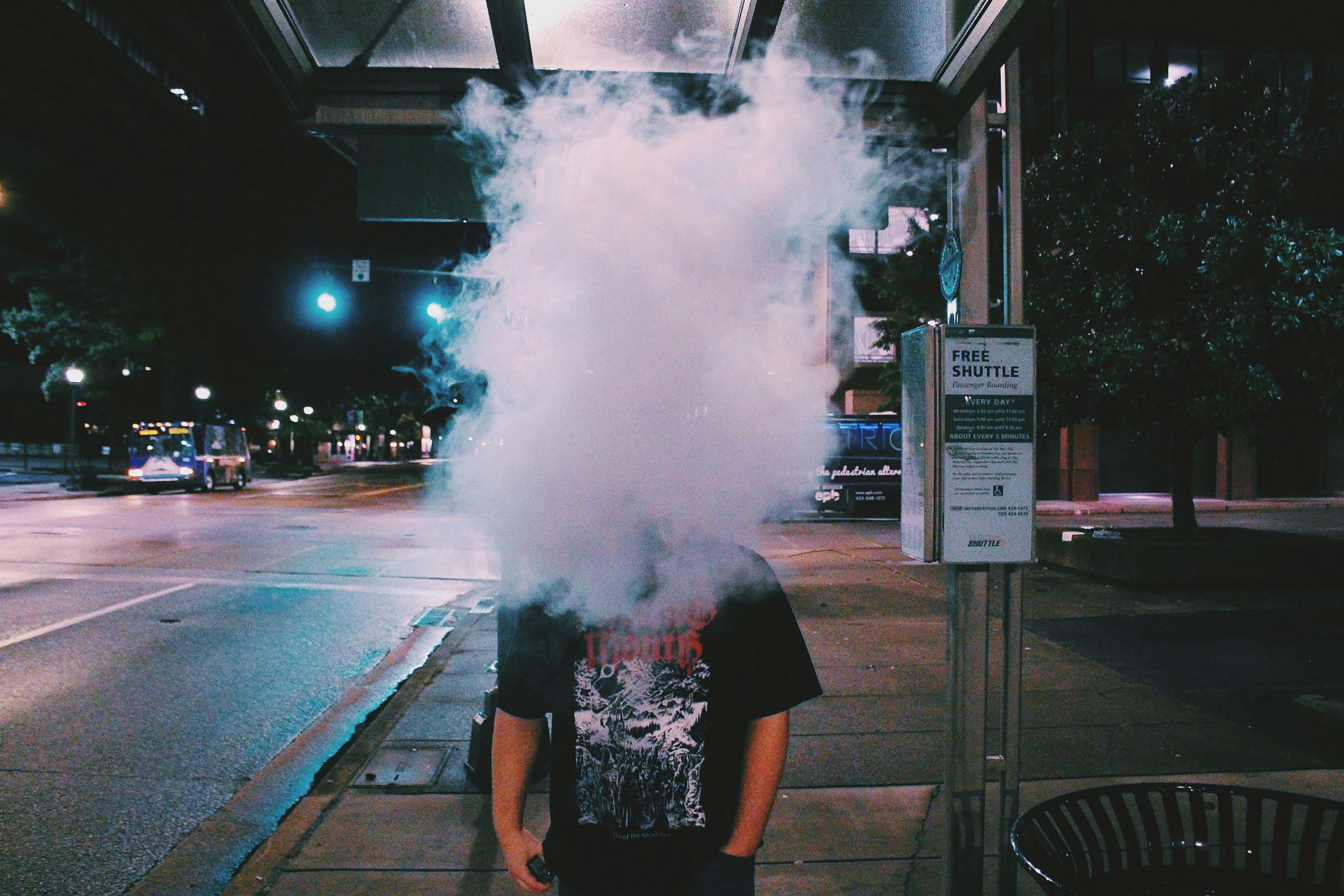Being exposed to abuse as a child can lead to several problems in adulthood including addiction, mental health issues, suicide, poor health, and disease. Adverse Childhood Experiences, or ACEs, are traumatic events that happen in childhood (ages 0-17) and generally have long-term negative effects. Adverse Childhood Experiences are common, especially among certain groups, and include events such as neglect, violence, witnessing death, and any abuse. The events can happen to the child themselves or they can witness it happening to someone in their home, family or friends.
What are Adverse Childhood Experiences (ACEs)?
These stressful or traumatic events in childhood have a lasting impact on a person’s well-being. The term ACE was coined in the 1980s and became popular after a study in the 1990s by the Centers for Disease Control and Prevention (CDC) and Kaiser Permanente that looked at the relationship of adversity in childhood and adult behaviors like addiction, obesity, and other issues. The study found that ACEs are associated with a higher risk for health problems as a person gets older.
ACEs fall into three categories:
- Abuse – physical, emotional or sexual abuse
- Neglect – physical or emotional neglect
- Household dysfunction – being in a household where there is substance abuse, mental health problems, parental separation, incarcerated family members, domestic violence, or having a family member who attempts or dies by suicide.
Being exposed to childhood trauma is more common than reported. According to the CDC, 64 percent of adults in the U.S. have experienced at least one type of Adverse Childhood Experience, one in four was exposed to two categories and nearly one in six people have experienced four or more ACEs. According to the study, exposure in one category means a person is 80 percent more likely to be exposed to another. While not everyone will develop issues in adulthood, the more ACEs a person experiences, the greater the risk of adverse outcomes.
Furthermore, the risk of addiction is higher among those who suffered from ACEs and finding supportive relationships is one way of lowering the risk.
Adverse Childhood Experiences and Addiction
There is a clear link between ACEs and an increased risk of developing addiction. Early stressors in a child’s household can heighten the possibility of substance abuse. Here are some ways that ACEs contribute to addiction.
- Brain Development – Trauma that occurs during childhood happens during critical periods of brain development. This can affect impulse control, reward processing, and decision-making skills, all of which can make a person vulnerable to addictive behaviors.
- Trauma and Stress Response – ACEs lead to chronic stress and affect the way the body responds to stress, leading to increased sensitivity. This makes a person more likely to turn to drugs as a coping mechanism.
- Behavioral Patterns – When children are exposed to substance abuse by caregivers, it can often become normalized in their world. They do not see the behaviors as dysfunctional and sometimes adopt the same patterns as their caregivers.
- Emotional Regulation Issues – People who suffer trauma may use substances to try and numb emotional pain or manage overwhelming emotions. They are not able to regulate their emotions and rely on other methods to do so.
- Mental Health Issues – Adverse Childhood Experiences are associated with issues such as anxiety, depression and post-traumatic stress disorder (PTSD). Suffering from these conditions may increase the risk of substance abuse as a person might turn to drugs or alcohol to self-medicate.
- Social and Environmental Factors – Environments where substance use is accessible are common with ACEs. When surrounded by substance abuse, a child has a greater likelihood of using substances as they get older.
Understanding the Impact of ACEs
Overcoming addiction is never easy, but even more challenging when you have experienced ACEs. Healing from the impact of Adverse Childhood Experiences normally involves a therapeutic approach to focus on trauma recovery. Building resilience and developing coping skills are goals of therapy. Early intervention is key to lowering the risk of addiction. It is also important to build a supportive environment to help promote positive outcomes.
A person who experiences ACEs is more likely to experience substance abuse and that risk increases with the number and severity of ACEs. These experiences are linked to depression, which is a factor in chronic substance misuse.
Below are some ways that you can work against the negative impacts of ACEs:
Early Identification and Intervention
Identifying Adverse Childhood Experiences early can help decrease their long-term impact. Work with a skilled mental health professional to create a program to treat childhood trauma, help prevent further trauma and recognize the signs of addiction. Getting professional help from a counselor or therapist who specializes in trauma and addiction is critical for your well-being.
Trauma Informed Care
Treatment programs that use a trauma-informed approach recognize the impact of trauma and work to create a safe environment and support network. This type of care emphasizes safety, empowerment and choice.
Education
Understanding the connection between addiction and ACEs can help make it easier to recognize and manage triggers and patterns.
Therapy
Explore different types of therapy such as Cognitive Behavioral Therapy (CBT), Dialectical Behavior Therapy (DBT), or Motivational Interviewing (MI). Finding the best fit for you will be beneficial in your journey to recovery.
Coping Skills
Developing healthy strategies to manage emotional pain and stress are helpful tools in recovery. These coping skills may include meditation, mindfulness, breathing exercises, journaling, yoga, or other fulfilling and relaxing activities. Learning new ways to manage stress will help you avoid turning to substances for relief.
Address Co-Occurring Issues
ACEs often occur with or contribute to mental health conditions such as depression, anxiety, and PTSD. Treating these is essential to improving your overall well-being.
Create a Support Network
Surround yourself with support! People who are understanding – family, friends, recovery groups – are a way to connect with others who can listen and understand your experiences.
Focus on Self-Care
Take part in activities that promote your physical and mental health. Get regular exercise, aim for a balanced diet, and try to create good sleeping habits. Self-care is important as you work through recovery.
Remember, recovery is a gradual process. You should set manageable goals so you can see steady progress and gain confidence. Addressing ACEs and their relationship with addiction is something that requires an approach specific to each person. Seeking help is a courageous first step to address both trauma and addiction and increase the outcome of recovery.
If you or a loved one is struggling with addiction, Mountainside can help.
Click here or call (888) 833-4676 to speak with one of our addiction treatment experts.

 By
By 







